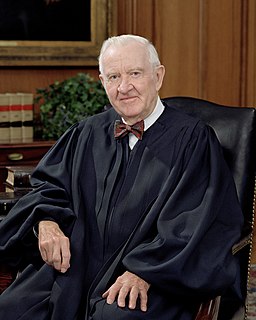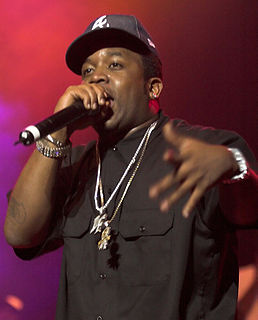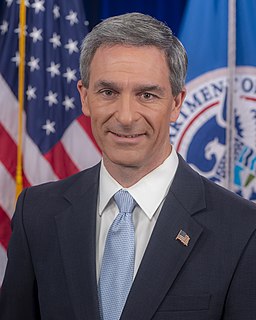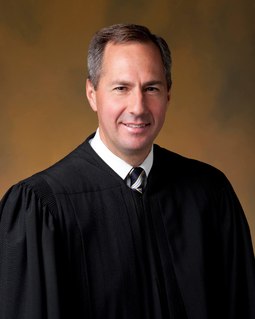A Quote by Peter Bergen
The Second Amendment is, of course, very much part of the American fabric. But the intent of the founders was that the amendment protected the rights of citizens to bear arms in a militia for their collective self-defense.
Related Quotes
By calling attention to 'a well regulated militia,' 'the security of the nation,' and the right of each citizen 'to keep and bear arms,' our founding fathers recognized the essentially civilian nature of our economy... The Second Amendment still remains an important declaration of our basic civilian-military relationships in which every citizen must be ready to participate in the defense of his country. For that reason I believe the Second Amendment will always be important.
When I joined the Supreme Court in 1975, both state and federal judges accepted the Court's unanimous decision in United States v. Miller as having established that the Second Amendment's protection of the right to bear arms was possessed only by members of the militia and applied only to weapons used by the militia.
...The Bill of Rights is a literal and absolute document. The First Amendment doesn't say you have a right to speak out unless the government has a 'compelling interest' in censoring the Internet. The Second Amendment doesn't say you have the right to keep and bear arms until some madman plants a bomb. The Fourth Amendment doesn't say you have the right to be secure from search and seizure unless some FBI agent thinks you fit the profile of a terrorist. The government has no right to interfere with any of these freedoms under any circumstances.
In my view, if the Court had properly interpreted the Second Amendment, the Court would have said that Amendment was very important when the nation was new, it gave a qualified right to keep and bear arms but it was for one purpose only, and that was the purpose of having militiamen who were able to fight to preserve the nation.































